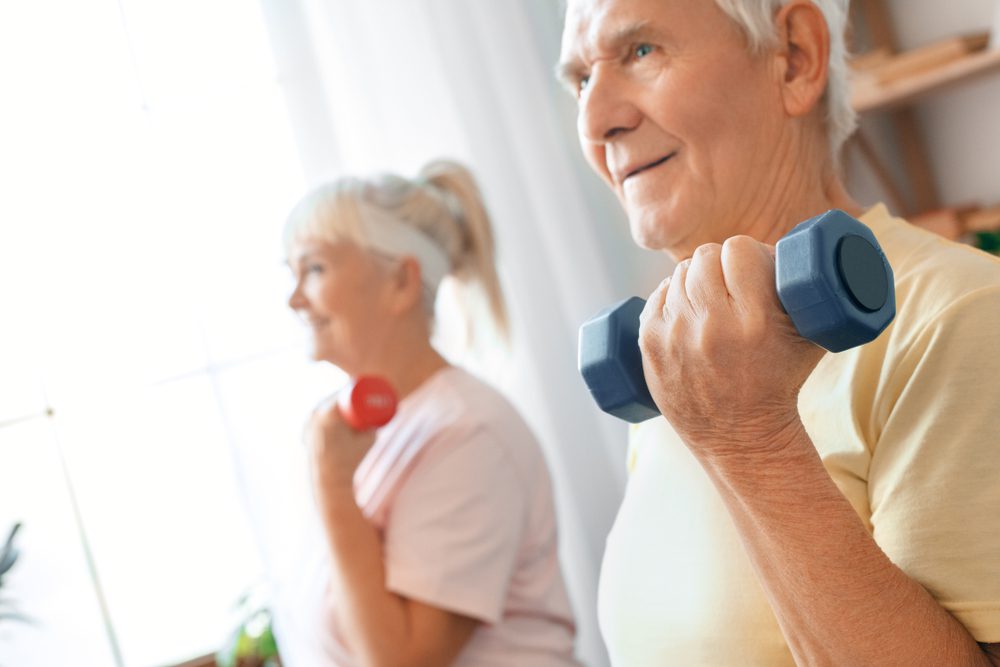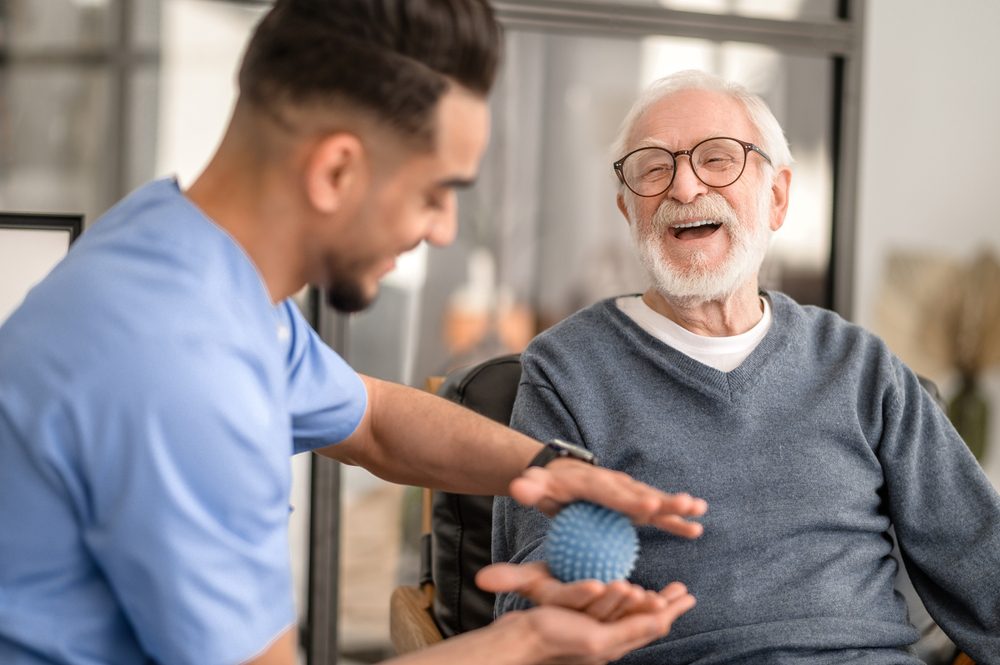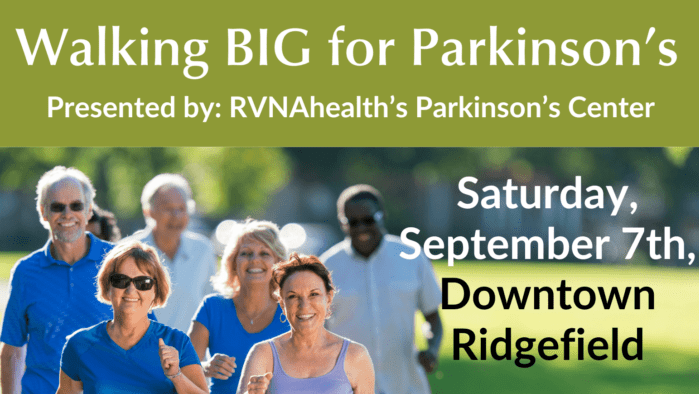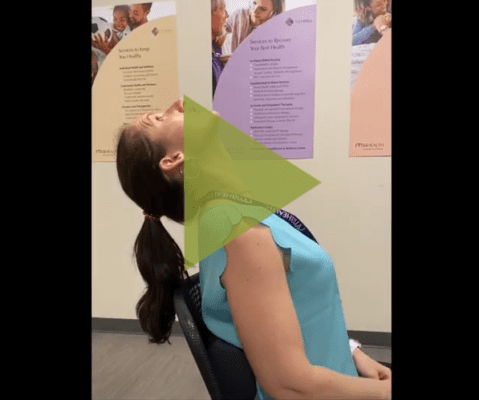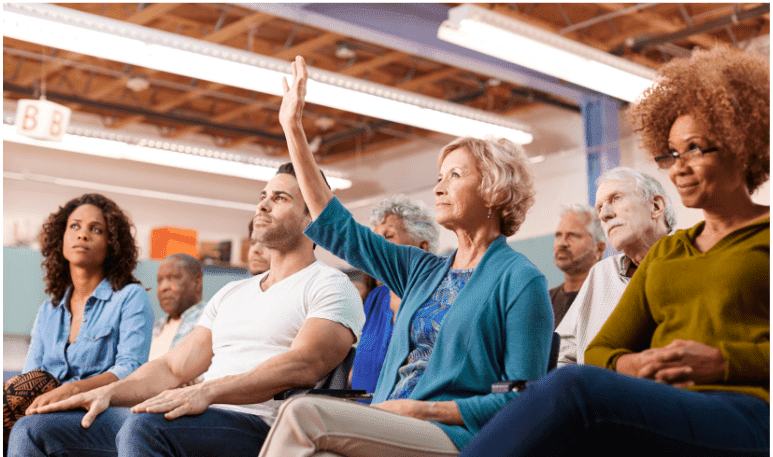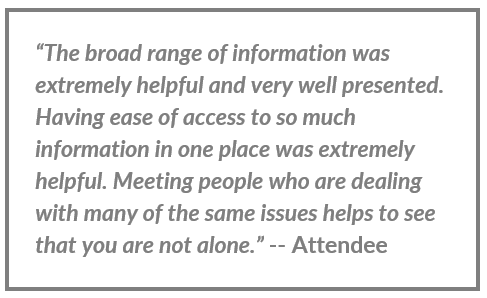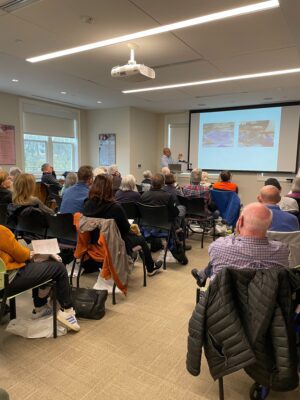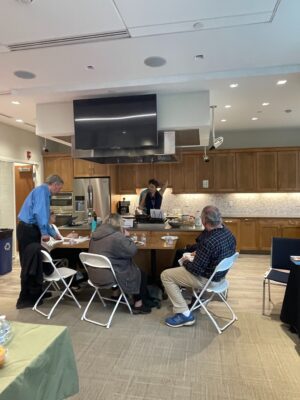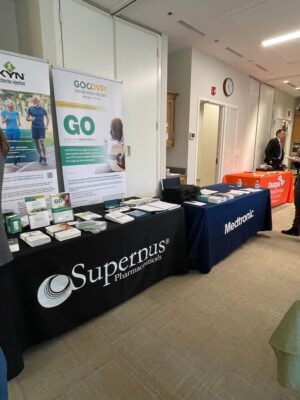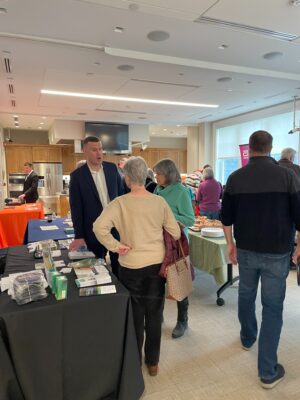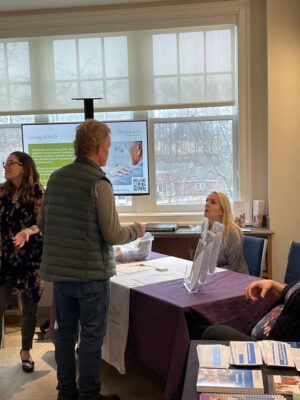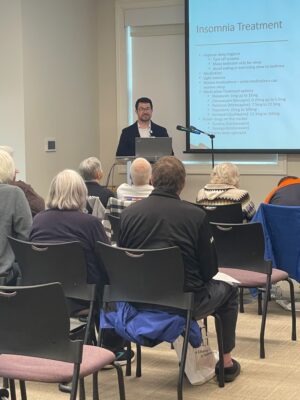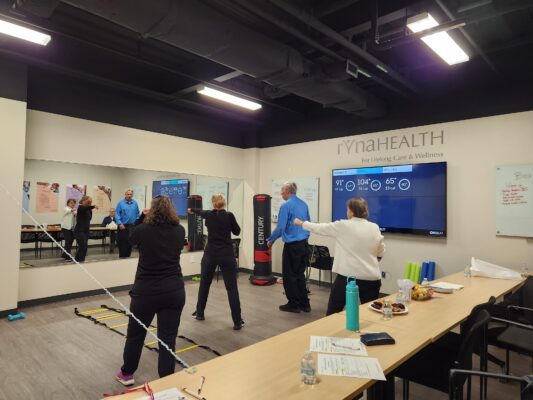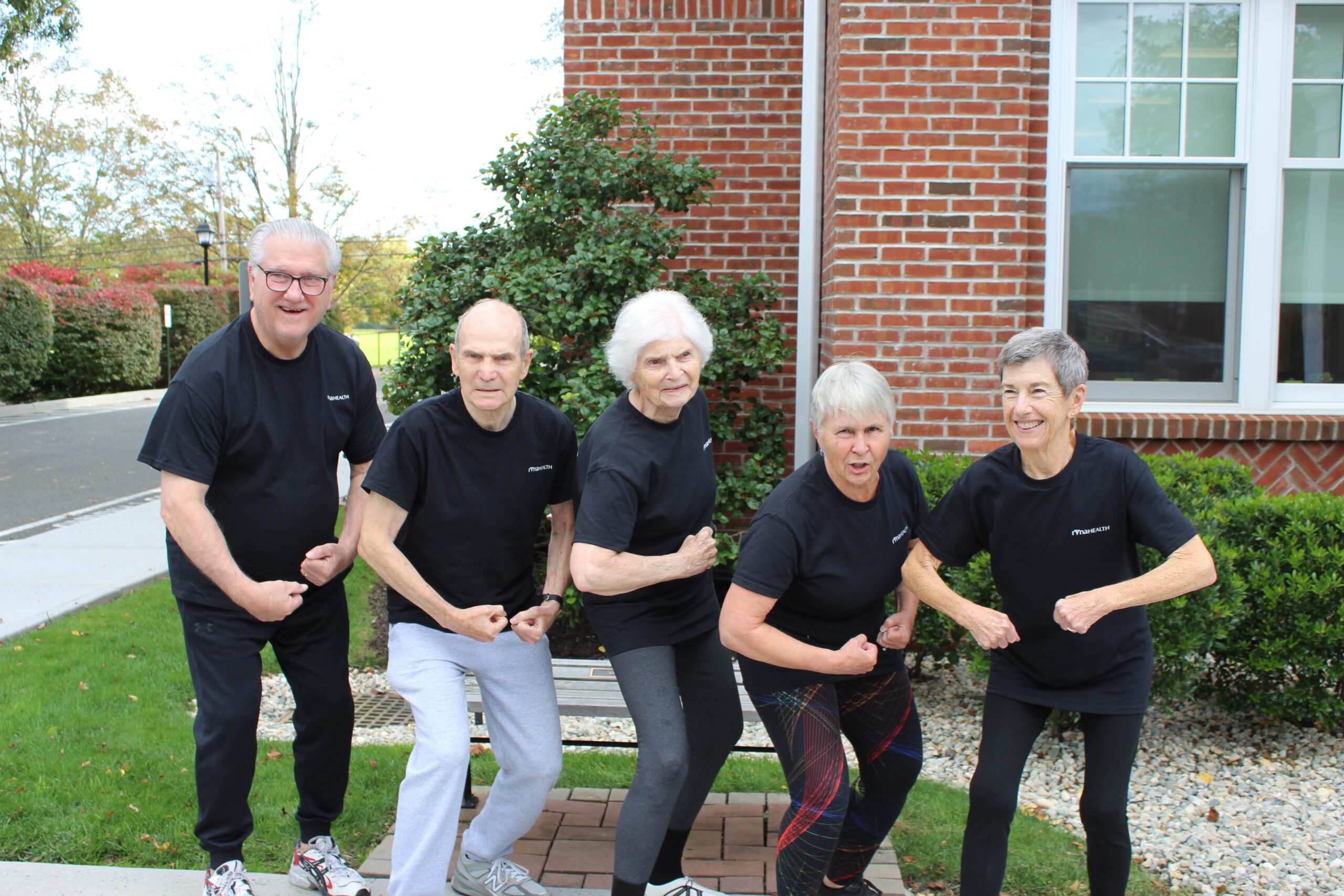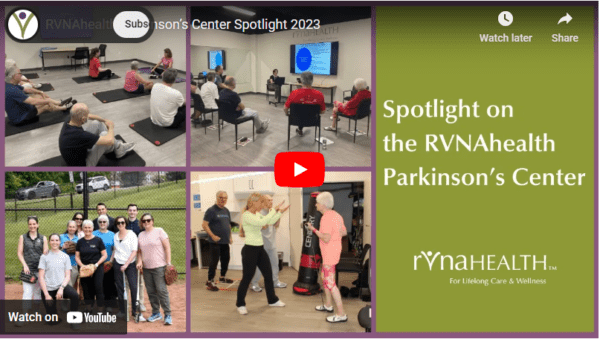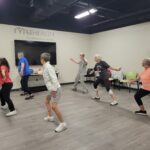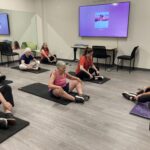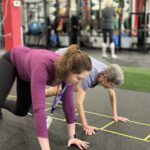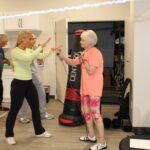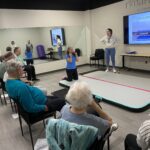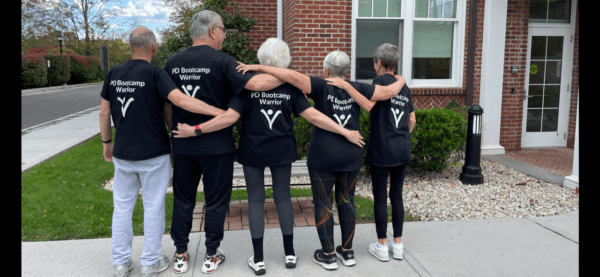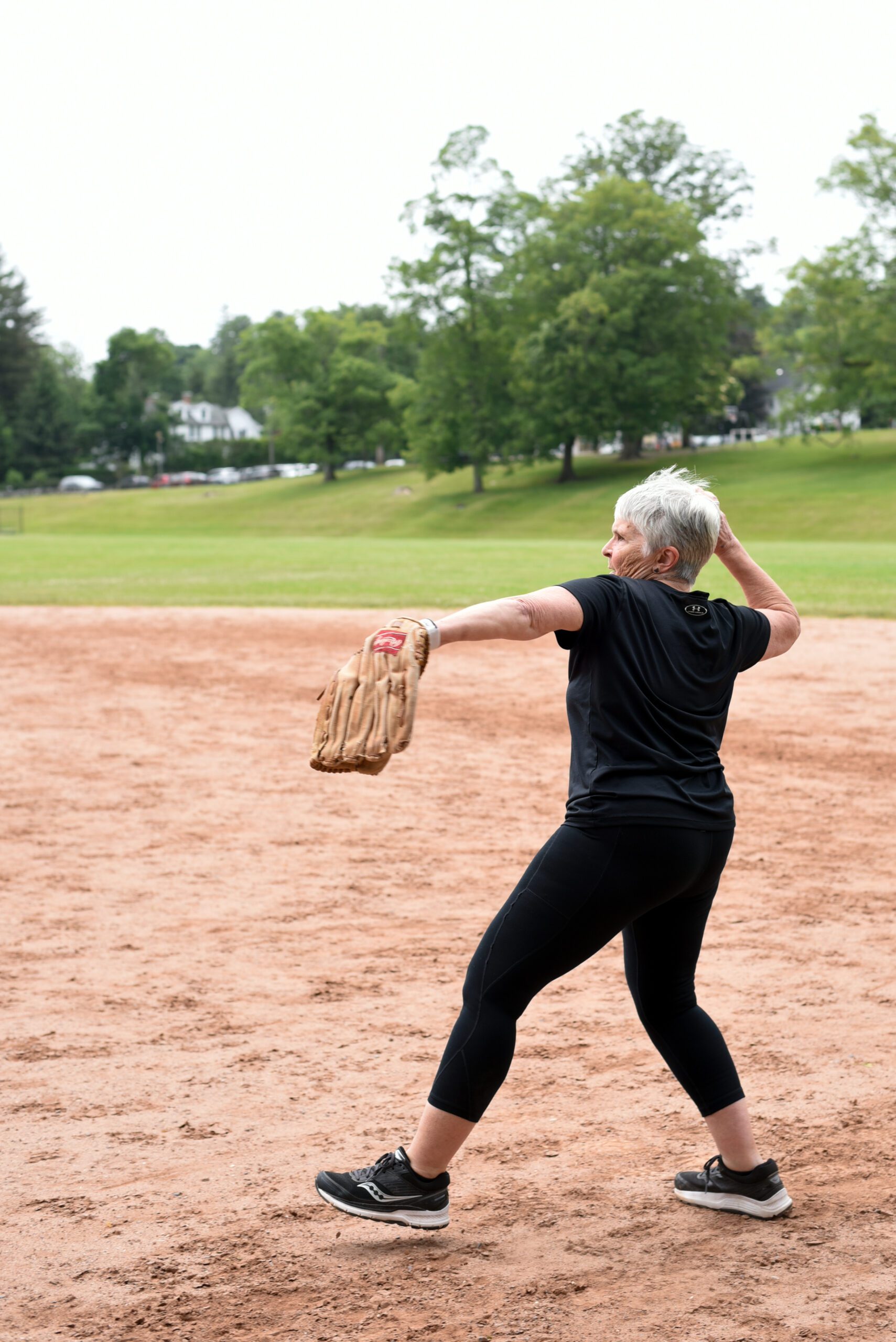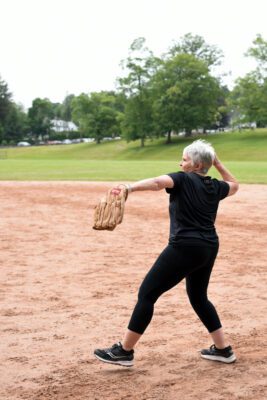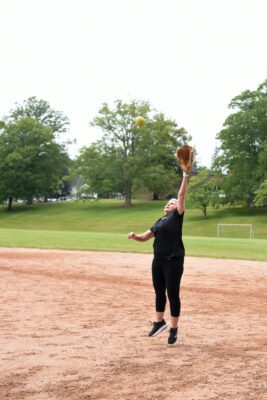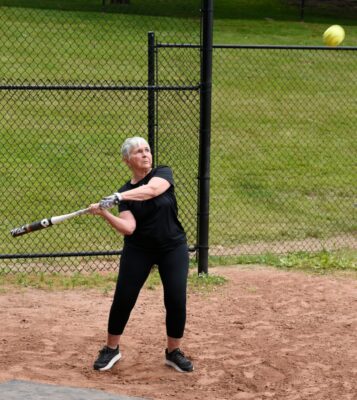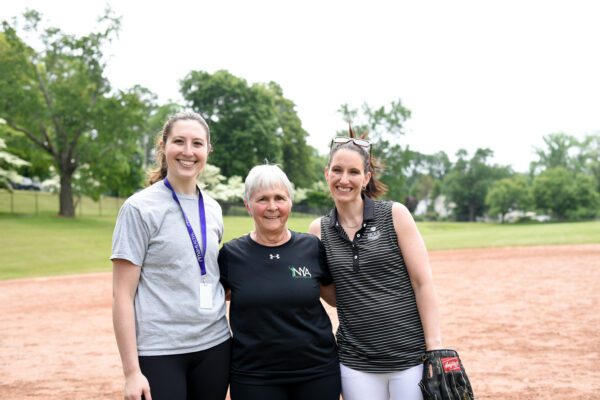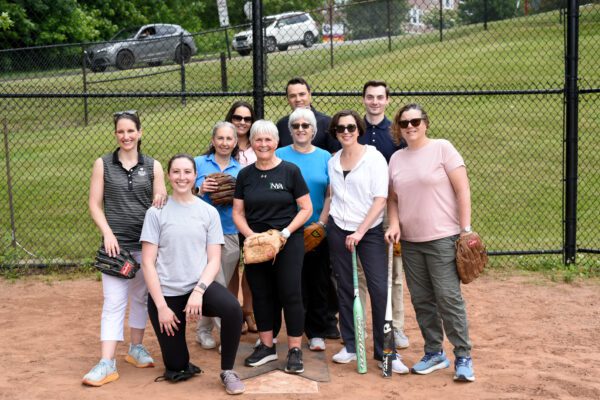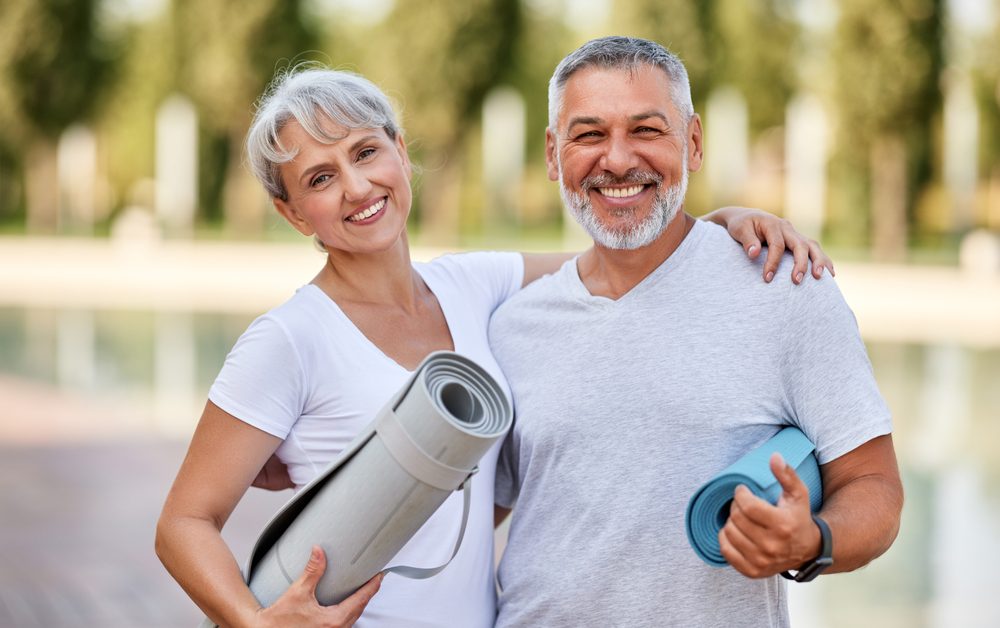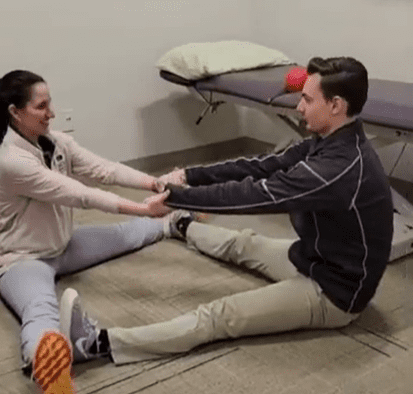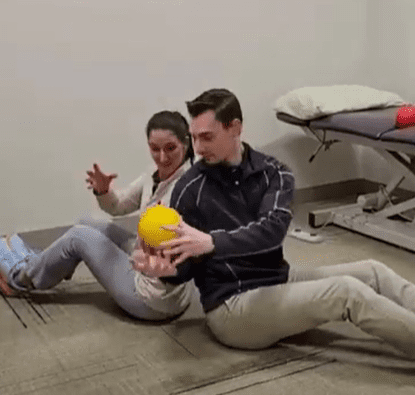As the weather cools, staying active indoors becomes more important to maintain strength, mobility, and overall well-being. Here are some effective and enjoyable exercise ideas for seniors to stay active during winter—right from the comfort of home!
Chair Exercises
Chair exercises are fantastic for maintaining mobility and flexibility. Try seated leg lifts, arm raises, and ankle rotations to improve circulation. For an added challenge, use resistance bands.
Looking for a guided option? Join RVNAhealth’s Chair Fit class, offered every Tuesday from 10:30 AM to 11:15 AM. This engaging program is perfect for improving strength and flexibility in a safe, supportive environment. Learn more and sign up here.
Indoor Walking
Walking indoors is an excellent low-impact exercise. Use YouTube walking videos to add variety or simply pace around the house. This keeps the body moving and the heart pumping, even on the coldest days.
Stretching and Flexibility
Stretching keeps muscles flexible and helps prevent stiffness. Gentle yoga or tai chi can also improve balance and reduce stress. Not sure where to start? Join one of RVNAhealth’s programs or reach out to our Therapy Center for a custom exercise plan.
Sit-to-Stands: A Simple Yet Powerful Exercise
Kate Campbell, DPT, at RVNAhealth, highlights sit-to-stands as one of the most functional and effective exercises seniors can do daily. This move mirrors the action of standing up from a chair, making it highly practical:
- Stand up from a chair, sit back down, and repeat.
- The lower the chair, the harder the challenge!
- Aim for 10, 20, or even 30 repetitions—go until you’re tired.
- If 30 feels easy, hug a heavy object or present for added resistance.
- Want to challenge your balance? Try it with your eyes closed.
To learn more about why this exercise is so important, read Kate Campbell’s full article: “If I Could Pick an Exercise to Do Every Day”.
Kate Campbell, DPT, is a highly experienced physical therapist at RVNAhealth who specializes in helping individuals of all ages maintain and improve their mobility, strength, and overall wellness. Her practical and effective exercise recommendations are tailored to meet the unique needs of seniors.
Step-Ups: Build Strength and Cardio
For a simple exercise that strengthens the legs, improves balance, and gets the heart rate up, Kate Campbell recommends step-ups:
- Use stairs or a step stool, stepping up and balancing at the top before stepping down.
- This combines strength, balance, and light cardio in one effective move.
Push-Ups: Strength at Any Level
Push-ups are a versatile exercise that can be adjusted for any ability level:
- Try them on the floor, on your knees, or with your hands elevated on a counter, bed, or armrest.
- Focus on going deep and moving slowly for the best results.
The Key to Progress: Make It Harder as You Go
According to Kate Campbell, the key to building strength and burning calories is increasing the challenge over time. While more repetitions help build endurance, if you can easily complete 20 reps, it’s time to add resistance, increase the depth, or try balance challenges.
RVNAhealth: Here to Help
Staying active indoors helps seniors maintain independence and enjoy better health year-round. For personalized guidance or tailored exercise plans, contact RVNAhealth’s Therapy Center at 203.438.7862. And if you’re ready to get out and move, join one of our exercise programs!

